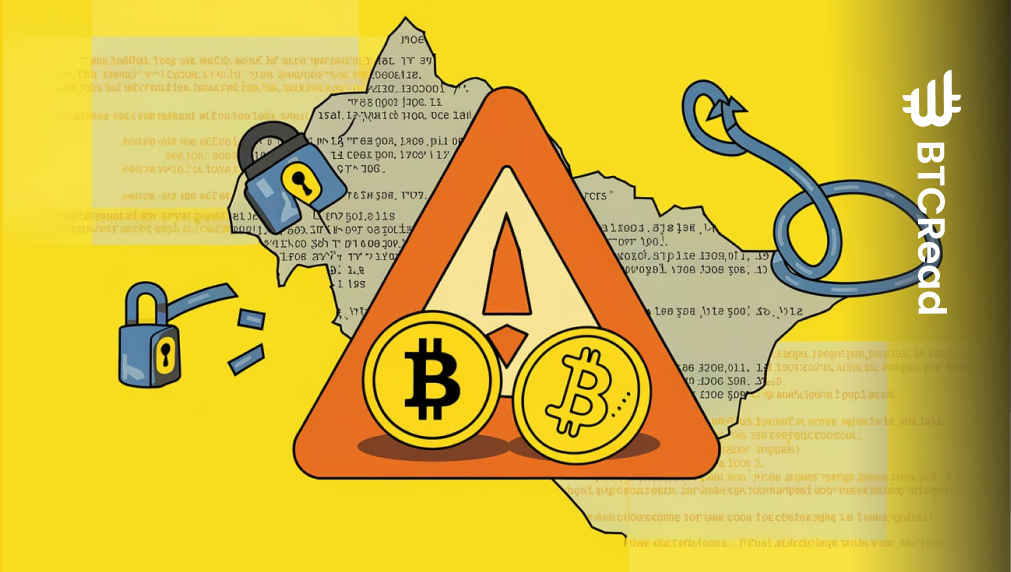Nepal’s Financial Intelligence Unit (FIU) has found that cryptocurrencies are widely used to carry out cyber fraud, even though the country has officially banned digital asset trading. The FIU, a specialized wing of Nepal Rastra Bank (the central bank), focuses on tackling financial crimes like money laundering and terrorist financing.
In its latest “Strategic Analysis Report,” released on Nov. 18, the FIU highlighted a growing trend of criminals using cryptocurrency to launder illegal money. According to the report, fraudsters frequently turn illicit funds into crypto, making it harder for authorities to track and recover the stolen assets.
Transferring cryptocurrencies to offshore accounts makes it harder to trace fraudsters. Fake crypto investment schemes are catching more people in Nepal. Additionally, scammers usually reach out through social media or online ads, luring victims with promises of high, unrealistic profits.
FIU pushes for action amid rising crypto scams
Many people hesitate to report crypto fraud because of the legal gray areas surrounding crypto trading. Consequently, this, combined with embarrassment or fear of consequences, often leads to unreported cases. In May. 2024, approximately 64% of fraud cases reported in Nepal involved cyber-related crimes.

To address this rising threat, the Financial Intelligence Unit (FIU) proposed two crucial measures: increasing oversight of cryptocurrency transactions and training financial institutions to spot warning signs and report suspicious activities promptly.

Moreover, the authority suggested raising public awareness to make people less vulnerable to fraud, improving collaboration between agencies, and updating regulations to tackle digital payment scams more effectively. In addition, to combat financial fraud involving cryptocurrencies, South Korea’s Finance Minister, Choi Sang-Mok, announced plans to implement stricter reporting requirements for cross-border crypto transactions.
Furthermore, in a recent G20 meeting in the United States, Choi explained that, under the new regulations, businesses involved in cross-border crypto transfers would need to re-register with the authorities and submit detailed monthly reports to the Bank of Korea.







